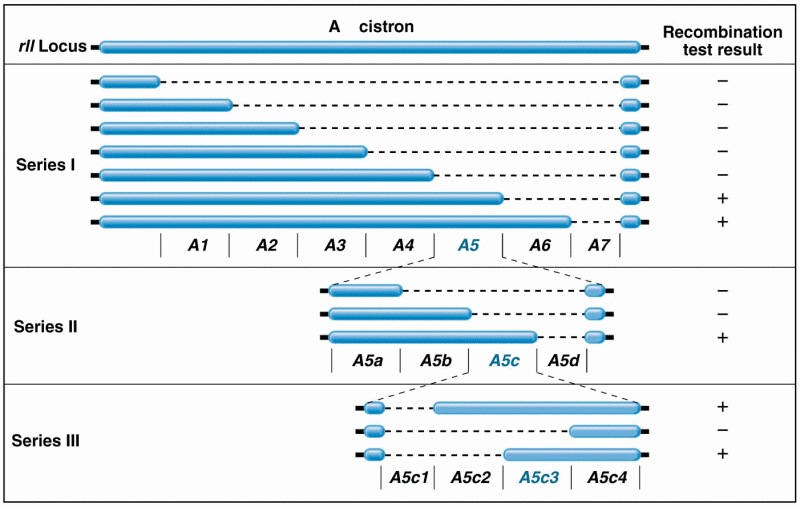|
|
|
In 1886, William Bates reported on the discovery of a substance produced by the adrenal gland that turned out to be epinephrine (adrenaline). In 1904, this drug was first artificially synthesized by Friedrich Stolz.
The first-known contraceptive was crocodile dung, used in Egypt in 2000 BC. Condoms were also reportedly used, made of animal bladders or intestines.
Human kidneys will clean about 1 million gallons of blood in an average lifetime.
In the ancient and medieval periods, dysentery killed about ? of all babies before they reach 12 months of age. The disease was transferred through contaminated drinking water, because there was no way to adequately dispose of sewage, which contaminated the water.
A headache when you wake up in the morning is indicative of sinusitis. Other symptoms of sinusitis can include fever, weakness, tiredness, a cough that may be more severe at night, and a runny nose or nasal congestion.
 Cerebral angiography. The four angiograms each reveal the distribution of blood vessels supplying th
Cerebral angiography. The four angiograms each reveal the distribution of blood vessels supplying th
 Material safety data sheets (MSDS), now called safety data sheets (SDS), should be readily available ...
Material safety data sheets (MSDS), now called safety data sheets (SDS), should be readily available ...





